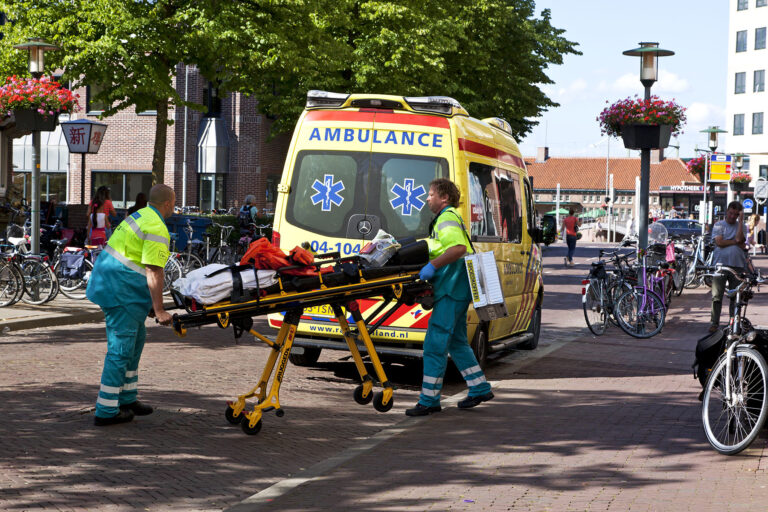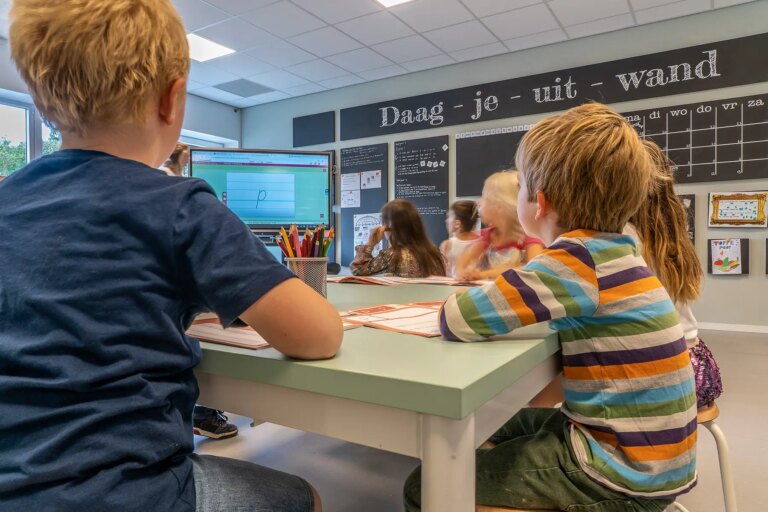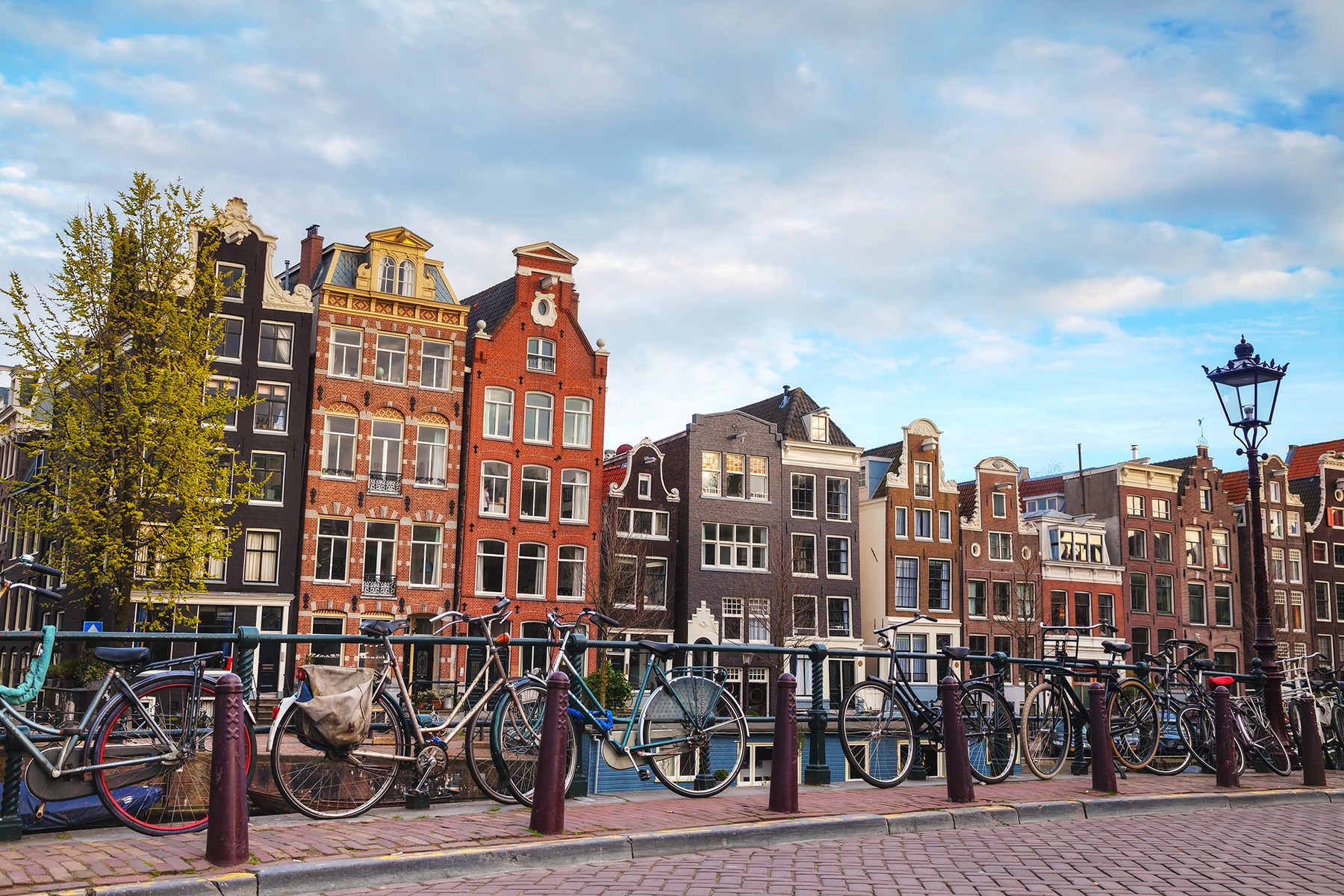The low-lying, freedom-loving country
Expatica Netherlands

Explore
Editor's picks

Getting health insurance in the Netherlands
Health insurance is mandatory in the Netherlands. Find who needs what, how to register, and why you’re still stuck with a hefty medical bill.
Read More

Dating in the Netherlands: finding love as an expat
Dating in the Netherlands? Bring ultra-direct honesty, a sense of humor, and maybe a waterproof jacket (you’ll definitely need all three).
Read More

The education system in the Netherlands
The Dutch education system offers a lot of choice, so you will find a huge range of options to consider when enrolling your child in school.
Read More






